
HSE University Researchers Discover What Happens on the Bright Side of the Moon
Researchers from HSE University have developed a mathematical model that explains the levitation of charged dust particles over the sunlit lunar surface for almost any latitude. For the first time, the model takes into account the Earth’s magnetotail—a particular area around our planet. The research data is important for planning the Luna-25 and Luna-27 space missions. The study was published in Physics of Plasmas.
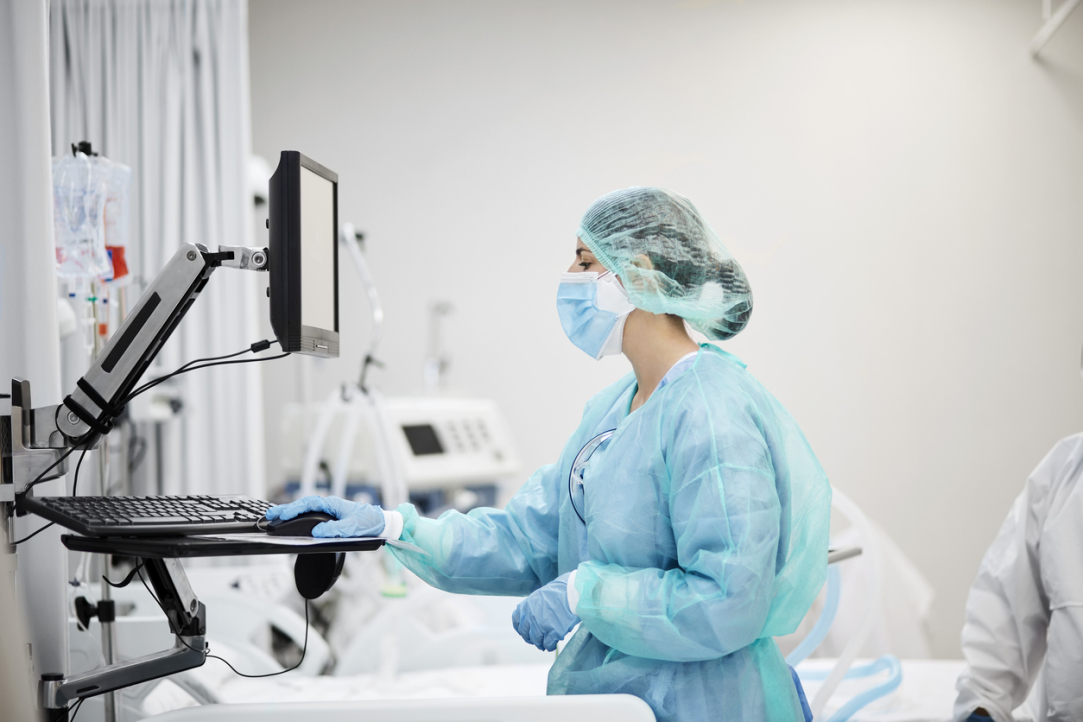
COVID-19 Pandemic Brought Humanity Closer to the Next Stage of Technological Revolution
The outbreak of the pandemic posed some serious challenges to the world that required the concentration of many people’s efforts and the use of the latest technologies. This has led to powerful technological breakthroughs, particularly in medicine. HSE University researchers Leonid Grinin, Anton Grinin, and Andrey Korotayev published a paper in which they assessed the impact of COVID-19 on social development. The authors concluded that the pandemic will considerably accelerate humanity’s transition to a new stage of development, but can also cause significant social strain.
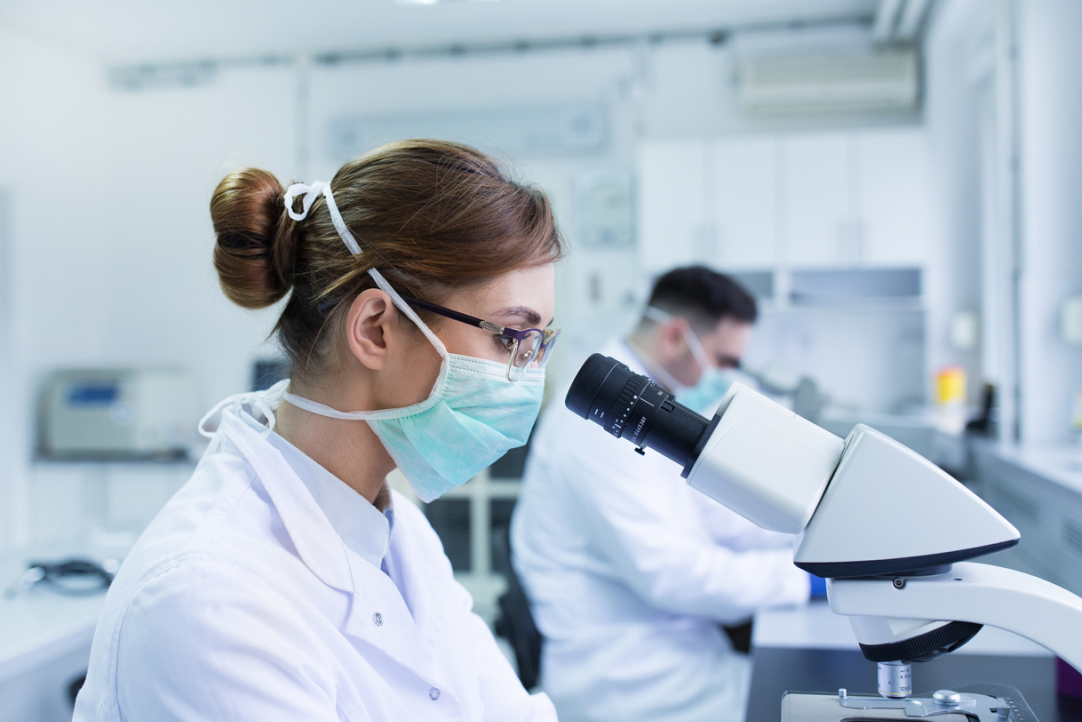
Biologists Figure Out How Stem Cells Turn Into Other Types of Cells at Molecular Level
An international team of researchers including biologists from HSE University has developed a method that helps obtain information on changes in protein expression and properties during cells’ transition from one state to another. One of the most interesting transitions is the transformation of cells from undifferentiated stem cells to differentiated cells of various organs and tissues. The paper was published in Nature Communications.

Researchers Explain What Makes People Pro-Environmental
The HSE School of Psychology has studied the psychological, social, and political factors behind Russians’ pro-environmental behaviour. It appears that women hold more pro-environmental attitudes than men, trust in the free market negatively affects sustainable consumption, and awareness of the benefits of pro-environmental actions better motivates people to sort waste than environmental concern or connectedness to nature. The study has been published by SSRN.
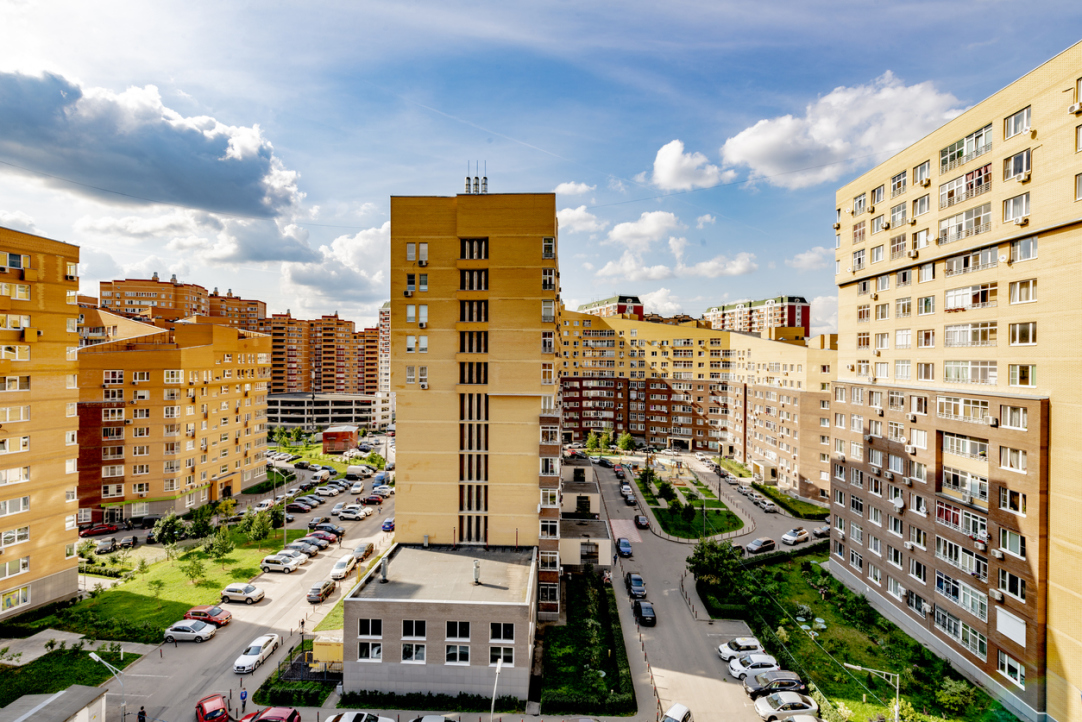
Two Worlds of Residents: Car Owners Look at Shared Urban Courtyards Differently from Pedestrians
Researchers from HSE University and St. Petersburg State University of Architecture and Civil Engineering (SPSUACE) used eye tracking to study how residents who own cars and those who don’t look at the shared courtyards of multistorey apartment buildings. The study was published in Urban Forestry & Urban Greening.
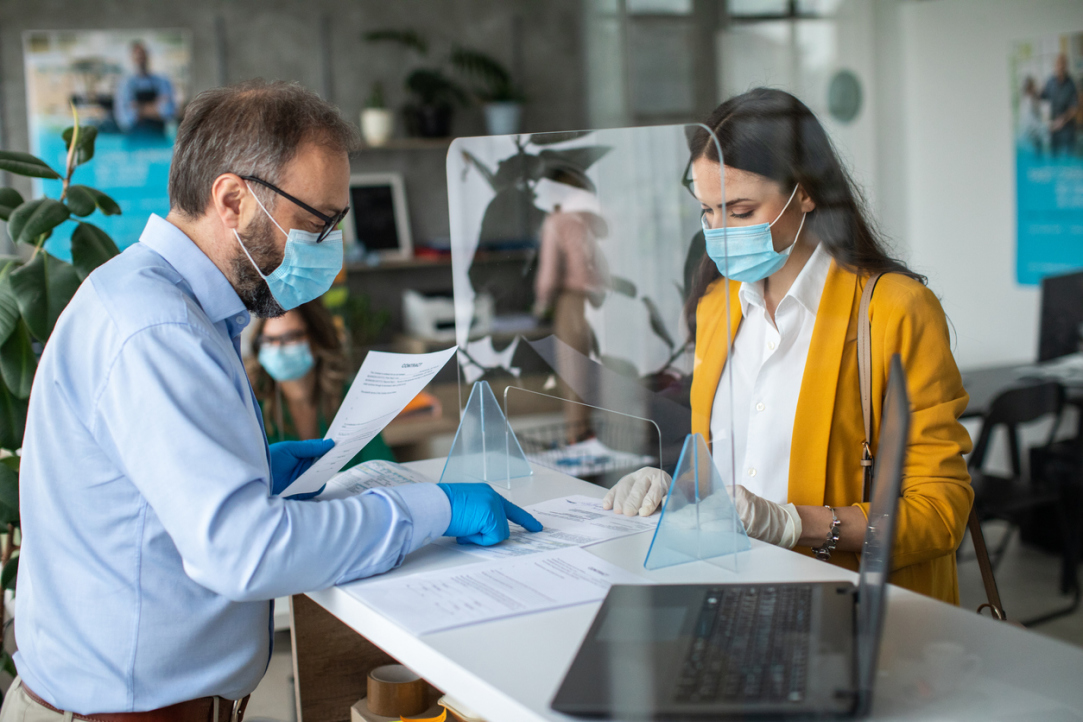
Do Banks Always Need to Know as Much as Possible about Borrowers?
Economists from HSE University have demonstrated that collecting as much information as possible about borrowers does not always decrease banks’ risks. Sometimes, more is not better: on the contrary, increasing the volume of data might increase the risks of loan defaults to a certain extent. The study was published in the WP BRP HSE University, Series: Financial Economics series of working papers.

Risk-Taking Propensity Significantly Contributes to Entrepreneurship
Risk-takers are thought to be more likely to set up and grow their own ventures because business involves many risks. This does not apply to all entrepreneurial situations, but only to those where people have realized that running their own business is something they really want, not something they are pushed to do.
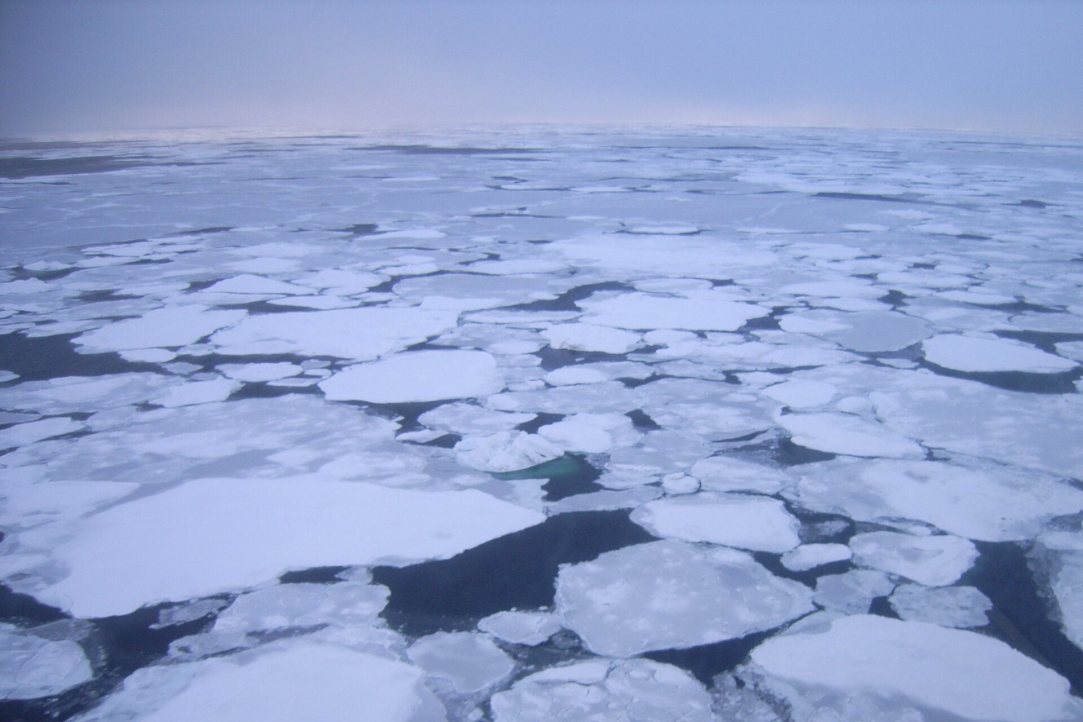
Salt Eats Ice: Researchers Name the Reasons Behind Underwater Permafrost Vulnerability
A team of researchers has studied ice-containing sediment on the East Siberian Arctic Shelf. The researchers proved that the melting of underwater permafrost is caused not only by the warming of sea water, but also by migrations of its salt ions (mostly NaCl). The HSE News Service reports on this and other studies conducted by the HSE Institute of Ecology.
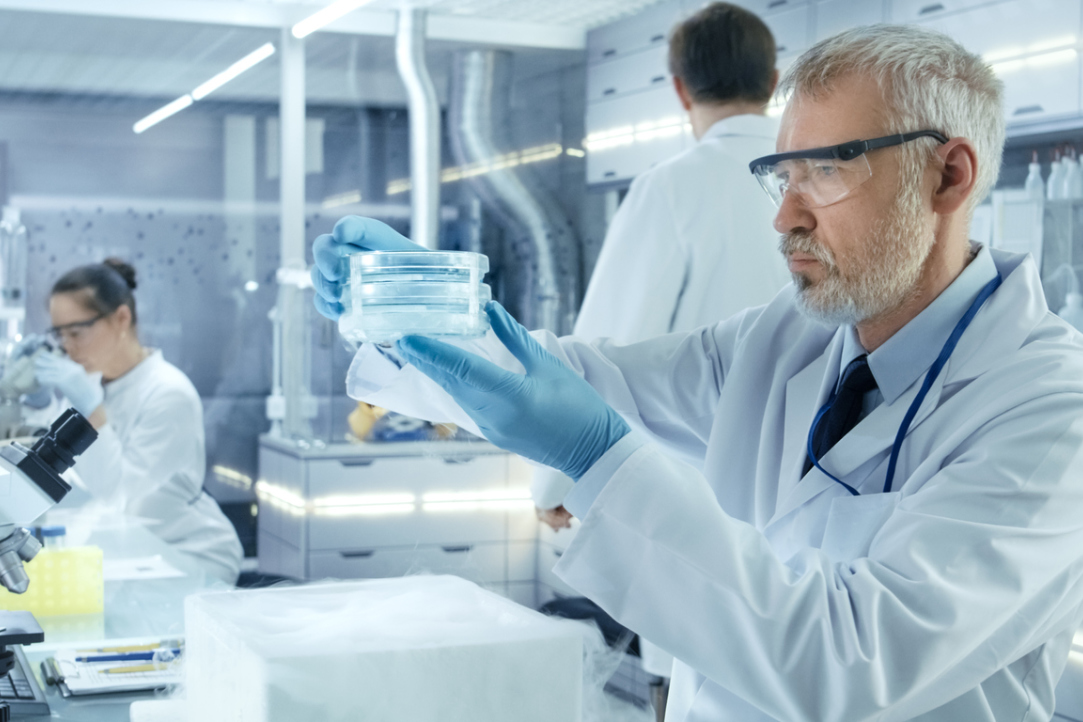
HSE Biologists Prepare Strategy for Universal COVID Test
Russian researchers have developed a strategy to create a cheap and rapid COVID-19 test based on isothermal amplification. According to their publication in Applied Biochemistry and Microbiology, use of this strategy will make it possible to create universal test systems for any of the COVID-19 variants.

Brain Stimulation May Facilitate Rehabilitation of Children with Arthrogryposis
HSE academics joined researchers from the Turner Scientific Research Institute for Children's Orthopaedics to study how the brains of children with arthrogryposis control elbow flexion after muscle transplantation. They found that in such patients, more motor neuron activity occurs, which means that the start of a new movement requires more effort from the brain. The paper ‘Feasibility and Challenges of Performing Magnetoencephalography Experiments in Children with Arthrogryposis Multiplex Congenita’ was published in Frontiers in Pediatrics.


Registration is open until April 1, 2025